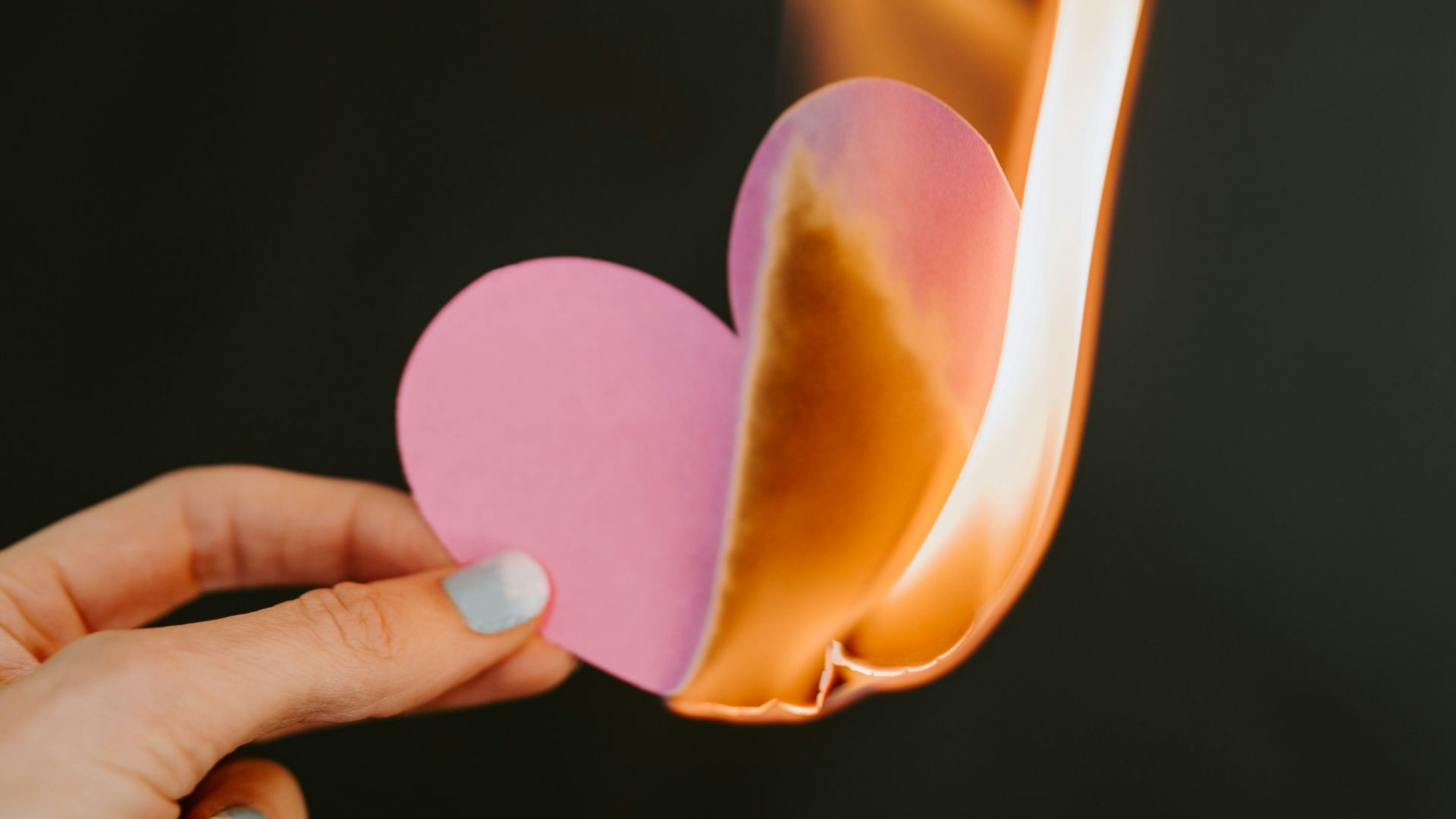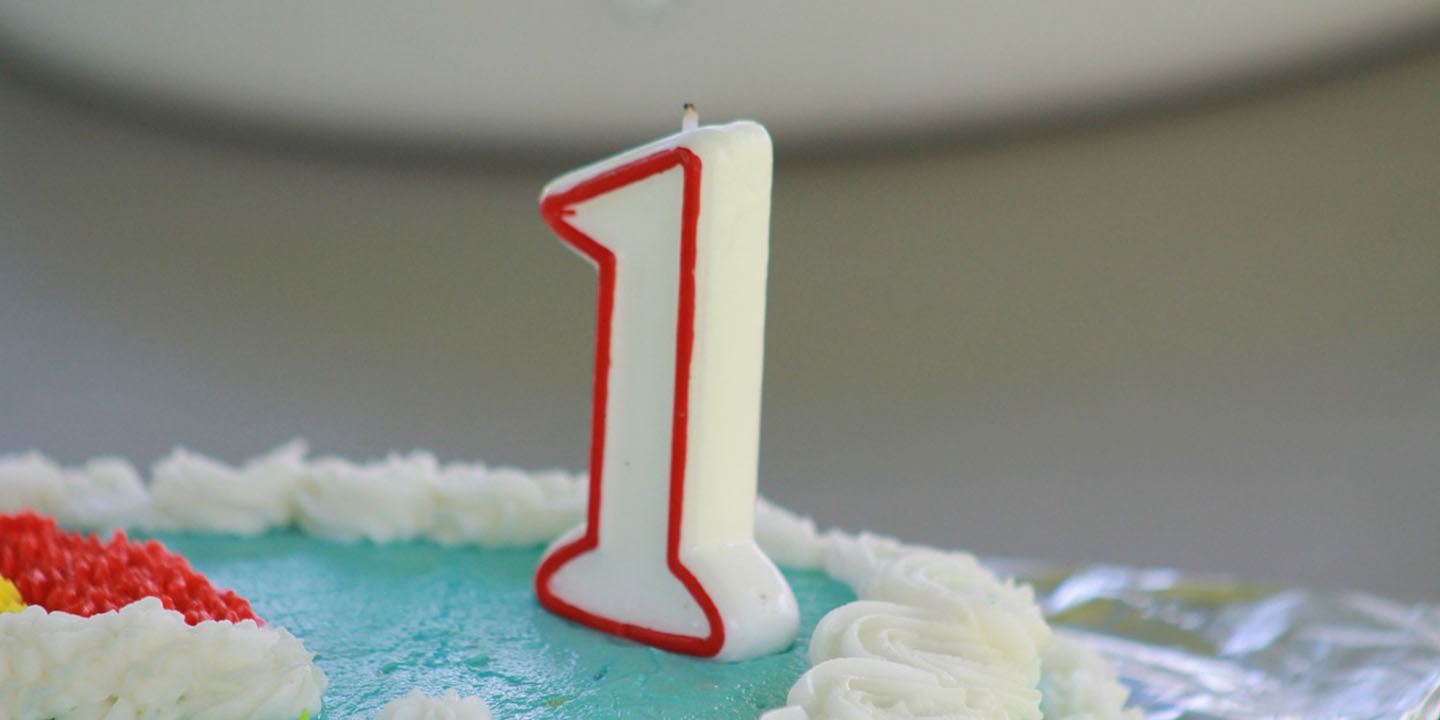Breaking up is hard to do
While your heart doesn't physically shatter when you get dumped (although it may feel that way), there are physical reactions to a bad breakup. Your tear ducts start acting up 24/7; an out-of-wack immune system leaves to susceptible to viruses; there's even a condition where the emotional stress of a broken heart mimics heart attack symptoms.
Nothing Breaks Like A Heart
And that's not even getting into some of the psychological effects! Too much cortisol sends your body into fight-or-flight mode without warning. Additionally, the pain of a breakup triggers the part of your brain that deals with cravings and addictions, leaving you especially vulnerable.
Studies even show that the pain receptors associated with physical pain light up when scanned. You can even treat emotional pain the same way you treat physical: with Tylenol (though, don't overdo it). You might find that a broken heart takes even longer to heal than a broken leg.
But all hope is not lost. A 2024 documentary called Love Hurts: The Science of Heartbreak tries to reason with pain. Part of the Nature of Things series, this documentary seeks not only to understand the science behind heartbreak, but also how you can move past it.
But make sure not to push past it too quickly. Ignoring and brushing over emotional pain only means that it will lay dormant, striking when you least expect it. Your feelings are there for a reason; let them help you through it.
The Price Of Love Is Loss
Just like when you lose a loved one, it's important to take time to mourn after the dissolution of a relationship. After all, romance plays a big part in your life, especially when you share it with someone else. So, cry on the couch, watch Marley & Me, and get all those feelings out.
You should start to feel better once you've gotten through the worst of your pain. Think of it like emotional bloodletting, only with fewer leeches. Once you've gotten it out of your system, you can focus on the future.
But how exactly do you work through your pain? Well, there are a few places to start. However, one neuroscientist recommends you start with ice cream, coffee ice cream to be exact.
Once you've buried your feelings in creamy deliciousness, you can take the next steps. While this is easier said than done, it's easier still with a strong support system in place. Nobody should have to suffer alone.
Share The Love
 Priscilla Du Preez 🇨🇦 on Unsplash
Priscilla Du Preez 🇨🇦 on Unsplash
One way you can do this is by refueling on oxytocin, the love hormone you previously got from your partner. This can be as simple as a hug from a friend, or cuddling up with your cat. Your brain will have gotten into the routine of getting oxytocin from your partner, it's important to not go completely cold turkey on affection.
Another way your friends can help you is by rewriting negative memories. No, we're not talking Eternal Sunshine of the Spotless Mind, although the film does dray from reconsolidation therapy. Reconsolidation therapy seeks to lessen the emotional pain of traumatic memories.
If there was a certain film you and your ex bonded over or a favorite restaurant, the joy those memories gave you may be permanently tainted by association. Don't let bad memories steal your joy. Take your friends to that old haunt and turn a negative association into a positive one.
However, if some wounds are too fresh, you can let them lay for a while. In the meantime, focus on new opportunities and experiences. See new sights, try new foods, or pick up a new hobby.
There's nothing like a broken heart to get you to fall back in love with yourself. Rather than dwelling on the past, you can look forward to what the future will bring, setting new goals and making your own dopamine.
In short: phone a friend, make some new memories, and do not—under any circumstances—go back to your ex. Just like with a physical wound, if you pick at an emotional wound too often it will never scab over.








